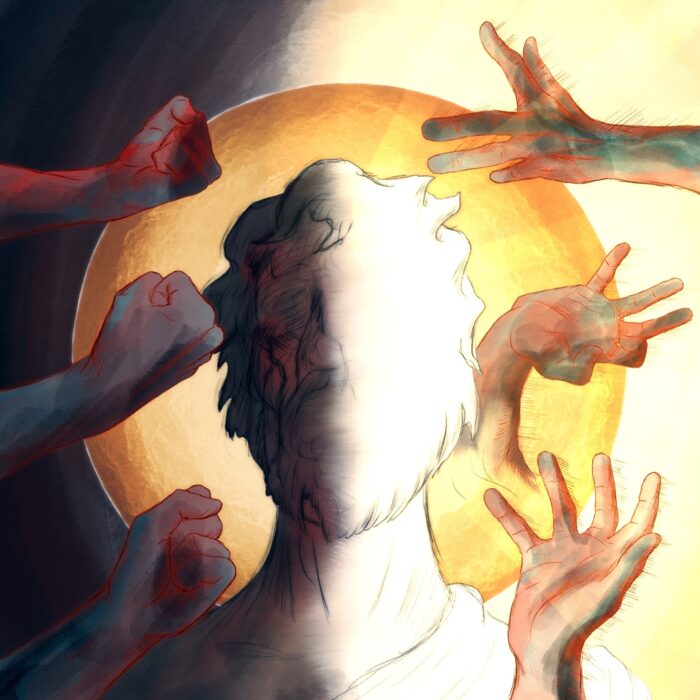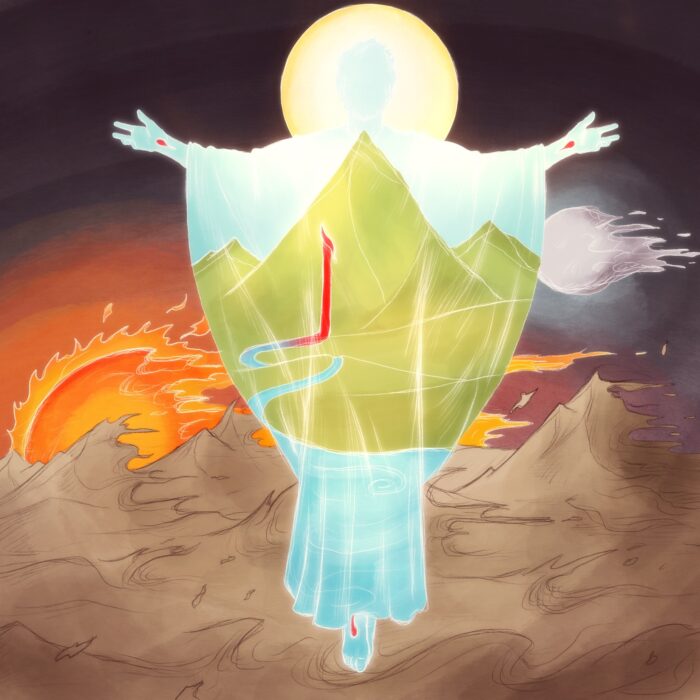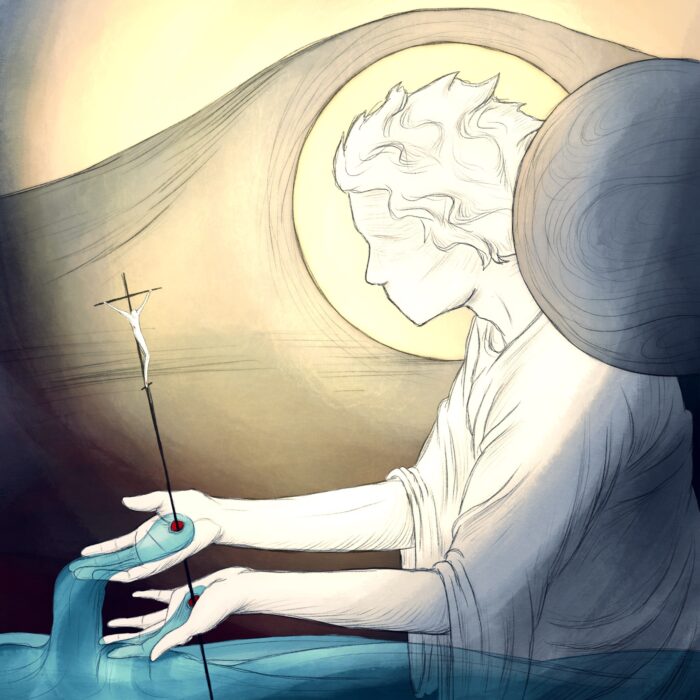
Isaiah 61:1,2, “The Spirit of the Lord GOD is upon me, because the LORD has anointed me…to proclaim the year of the LORD’s favor, and the day of vengeance of our God.”
It seems that the proclamation of the year of YHWH’s favor and day of His vengeance form form something of the center of the Messiah’s work here in 61:1-3. Verse 1 talks about the Messiah’s proclamations of good news and freedom, verse three talks about his granting joy and gladness and beauty in the place of sorrow etc, but verse 2 seems to encapsulate the entire work. What is the Messiah to do? To effectually proclaim the year of YHWH’s favor and the day of His vengeance. Note that this proclamation–and all of its effects–are ultimately so that YHWH might “display His beauty” (v.3). That is awesome beyond description and a reminder that redemption always serves (and indeed is) revelation.
Now, these verses held a special interest for me as I was reading this morning because Jesus Himself quotes them regarding His own ministry. In Luke 4:18ff, He tells His hearers that the words of Isaiah 61:1-2 are being fulfilled before their eyes in Himself. So, whatever is going on in Isaiah 61 and the surrounding context, JESUS is the fulfillment of it. The person and work of Jesus Christ achieve the glories of these final chapters of Isaiah.
But what I want specifically to consider is the dual proclamation of the year of YHWH’s favor and the day of His vengeance. In Luke, Jesus does not quote the vengeance part. Some people think that’s because the day of vengeance will be His second coming, and while that’s certainly true, Isaiah presents these two proclamations as united, as one and the same, as it were. YHWH’s favor on His people is His vengeance on His–and their–enemies. That is at least how Isaiah seems to be using it (see “vengeance” in Is.34:8, 35:4). So, why does Jesus leave this out? Is it that He wanted to avoid stirring up a Messianic fervor? Very possibly. However, I do believe that His ministry fulfills both of these declarations, and fulfills them at the cross.
We realize in an ultimate sense (and scripture would affirm) that all people–Jew and Gentile–are rightly objects of the vengeance of YHWH (Rom.1-3). And yet according to Isaiah 61:2, the display of His vengeance is also the display of His favor for His elect (His covenant people, both Jew and Gentile)…how can that be?
I think this is a shadow of the crucifixion. What does Christ proclaim on the cross if not the favor and vengeance of YHWH? The favor of YHWH because this death is for the sake of all who will call upon the incarnate God as Lord…..the vengeance of YHWH because all of the justice and wrath of God against His enemies is being poured out in full on His beloved Son who has been “made sin” on their behalf (2 Cor.5:21). Favor and vengeance, mercy and wrath, grace and punishment, these truths–two sides of the same coin, as it were–are declared with perfection in the flesh of the crucified Christ……And this is the proclamation that is good news to the poor, that binds up broken hearts, sets captives at liberty, and exchanges ashes for beauty and mourning for gladness (Is.61:1-3).
And recall, the redeeming declaration of the Messiah is ultimately unto the communication of the beauty of YHWH (v.3). That is awesome….When Jesus Christ is lifted up on the cross as the embodied communication of YHWH’s favor and vengeance, when He purchases by His blood the freedom and joy of God’s people, when He does all things necessary for salvation and righteousness, thenthe beauty of YHWH is being displayed. The Messiah’s redemptive work–indeed, the entire history of redemption–is to this great end: that the internal beauty of the triune God might be manifest externally to the great and unending gladness of His people…..and the center, the heart, the wellspring of the manifestation is the cross of Christ. Hallowed be His Name!




